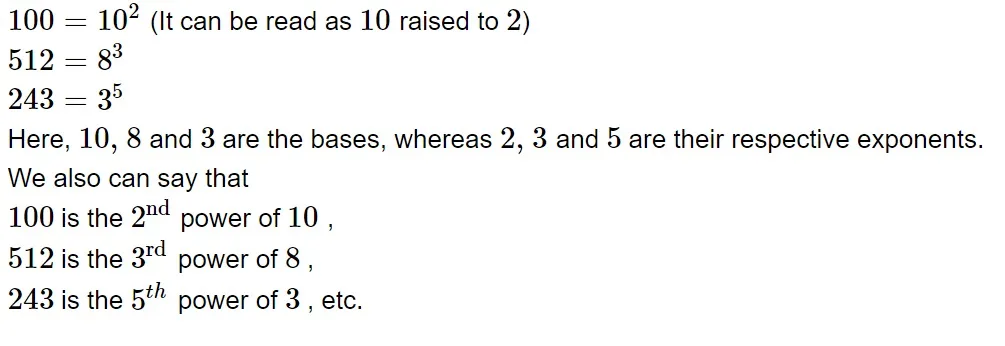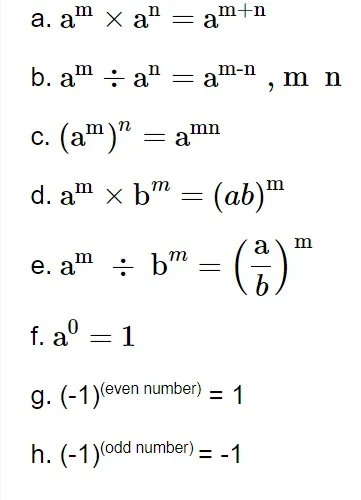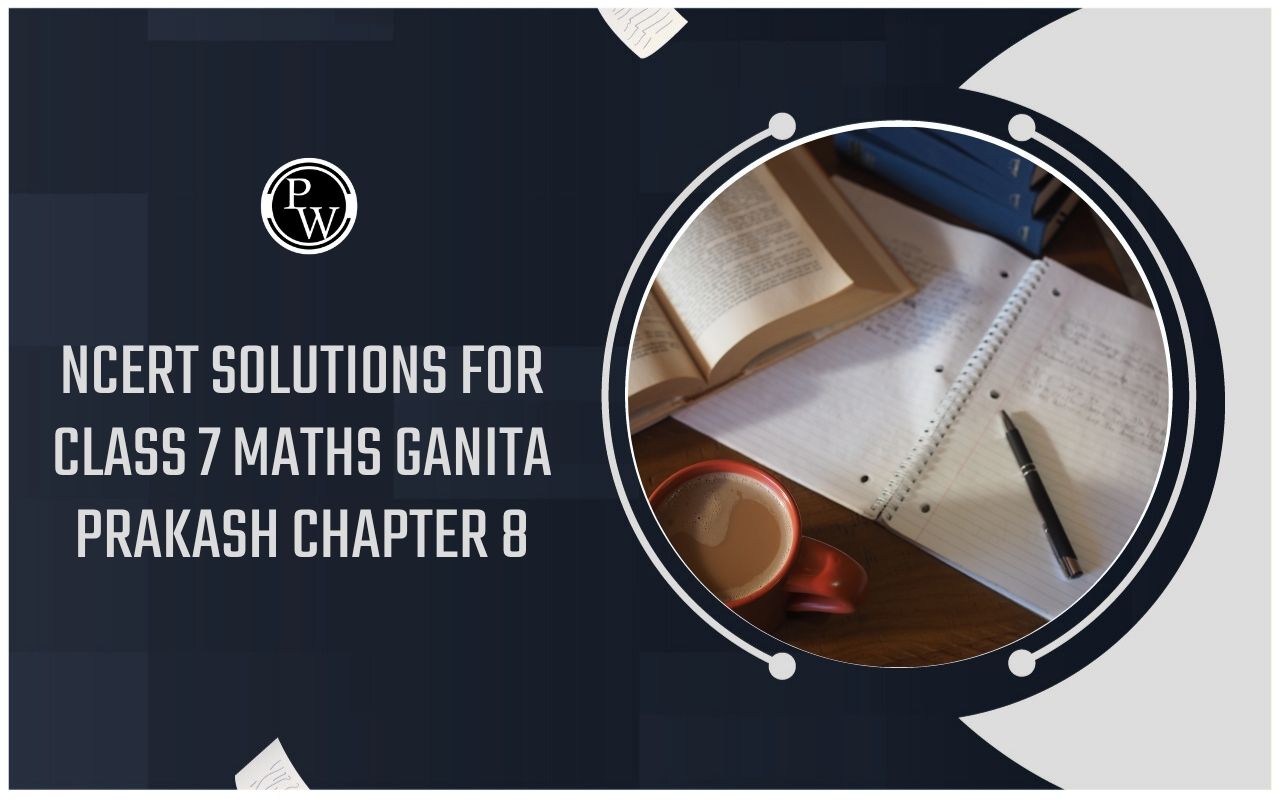
CBSE Class 7 Maths Notes Chapter 13
CBSE Class 7 Maths Notes Chapter 13: We'll examine the various exponent principles, as well as how to convert powers into exponents and exponents into powers, in Class 7 Maths Chapter 13 Exponents and Powers.
Here, we'll learn how to write numbers in exponential notation, divide powers with equivalent bases, work with power of influence, multiply powers with equivalent exponents, and express numbers as products of powers of their prime components. Additionally, we'll talk about exponent zero numbers, dividing powers with equivalent exponents, and other topics utilising the laws of exponents.CBSE Class 7 Maths Notes Chapter 13 PDF
To get subject-best grades, download the NCERT Solutions PDF and choose to cross-refer after answering questions. To help you review the entire syllabus and get better grades in your exams, you can also download the NCERT Solutions for Class 7 Science and Math. Here we have provided CBSE Class 7 Maths Notes Chapter 13 PDF -CBSE Class 7 Maths Notes Chapter 13 PDF
CBSE Class 7 Maths Notes Chapter 13 Exponents and Powers
Exponents are used to represent large numbers in a format that is easier to read, comprehend, compare, and work with.Expressing Large Numbers in the Standard Form
-
Any number between 1.0 1.0 and 10.0 10.0 (including 1.0 1.0 ) multiplied by a power of ten can be expressed as a decimal number between 1.0 1.0 and 10.0 10.0 (including 1.0 1.0 ).
-
The standard form of a number is also known as scientific motion.
Large numbers are difficult to read, comprehend, compare, and manipulate.
We use exponents to make all of this easier by transforming many of the enormous numbers into a shorter form.
| CBSE Syllabus Class 7 | |
| CBSE Class 7 English Syllabus | CBSE Class 7 Math Syllabus |
| CBSE Class 7 Social Science Syllabus | CBSE Class 7 Science Syllabus |
What are some examples of exponential forms of numbers?

For any non-zero integers a a and b b , and whole numbers m m and n n , numbers in exponential form obey the following laws:

Related Links -
Benefits of CBSE Class 7 Maths Notes Chapter 13
The following straightforward mnemonics will aid students in Class 7 in recalling the essential ideas behind exponents and powers:1. In short: Obtain clear, understandable descriptions of key concepts.
2. Simplified Learning: Difficult subjects become incredibly simple. Our notes are like magical interpreters for difficult material!
3. Last-Minute Study: This is beneficial for people cramming in final minutes of study before an exam. Efficient and rapid!
4. Improved Memory: Recall important details more easily. Our notes act as brain-boosting memory enhancers!
5. Exam-Ready Support: Packed with essential information and pointers, this will make you an exam superhero!
CBSE Class 7 Maths Notes Chapter 13 FAQs
What are exponents in maths class 7?
Is maths is very tough?
How to enjoy math?








